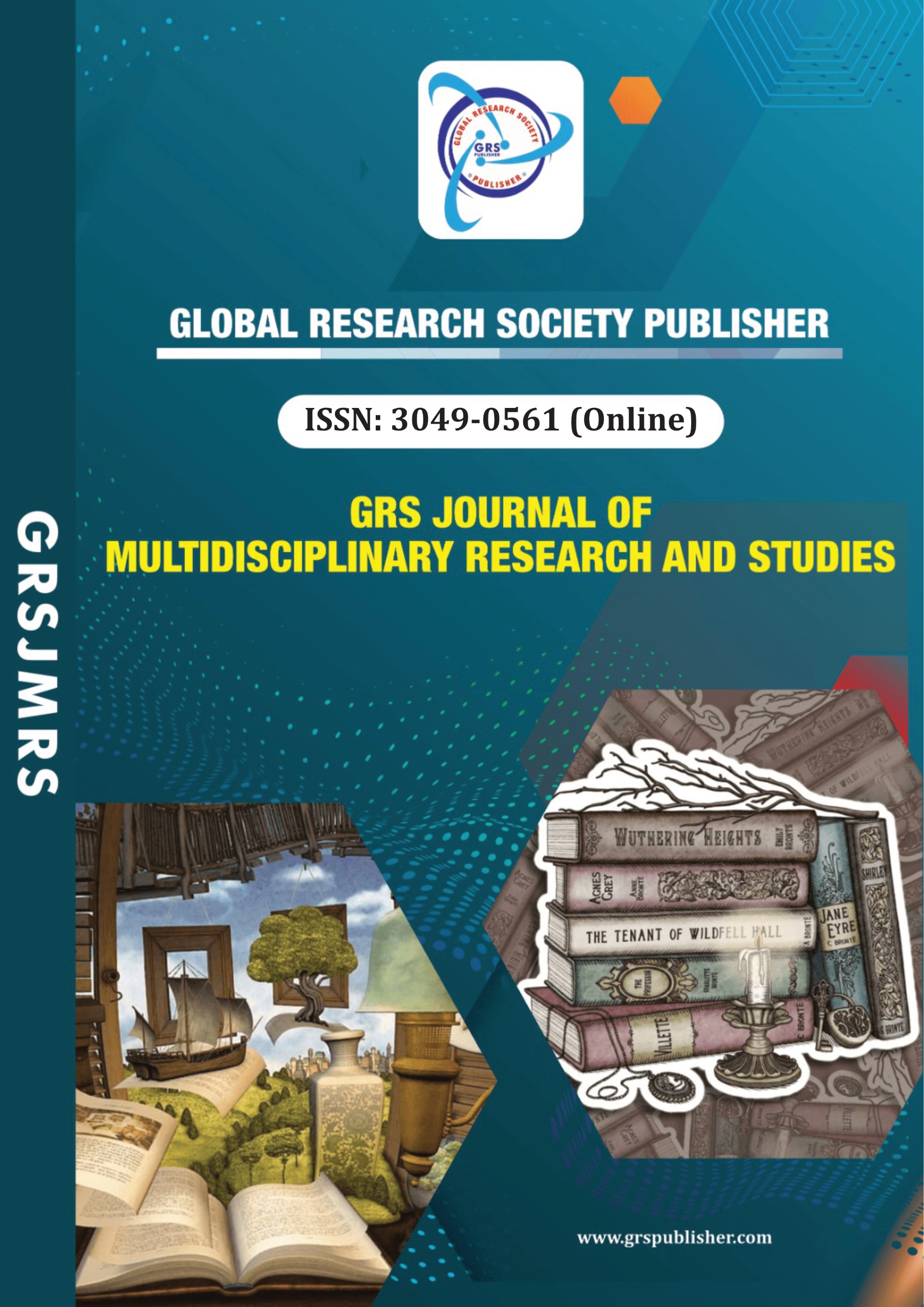Examining the Position and Role of Biotechnology in the Development of International Environmental Law
Sr No:
5
Page No:
26-36
Language:
English
Licence:
CC BY-NC 4.0
Authors:
Dr. Mehmet Uçkaç, PhD* & Prof, Dr. Mohammad Ekram YAWAR
Published Date:
2025-10-01
Abstract:
By protecting biodiversity and developing solutions—including those for removing pollutants from water, soil, and air—biotechnology has enabled the use of biomass and biodiesel for fuel production. Additionally, by creating a basis for extracting genetic material from the remains of extinct plant and animal species to simulate extinct or endangered species, it has laid the groundwork for the development of international environmental law. This can significantly contribute to the advancement of international law in this area, particularly by providing alternative mechanisms to traditional methods of preventing and addressing environmental degradation.
Despite the substantial role of biotechnology in the development of international environmental law, the emergence of unknown toxic compounds, allergic reactions, and unpredictable genetic contamination—resulting from the introduction of modified organisms into ecosystems—may also contribute to further environmental degradation or contamination. Nevertheless, both the positive impacts of this technology and its potential harms have been key factors in shifting the international community’s perception of the importance of environmental protection. This shift has ultimately accelerated the process of developing and codifying international environmental law more extensively than before.
In this article, by examining both the benefits and risks of biotechnology, we aim to explore how it can be utilized to advance international environmental law. In this regard, while the positive aspects of biotechnology should be acknowledged, it is equally important not to overlook its potential consequences and side effects.
Keywords:
Environmental strategies, principles of international environmental law, sustainable development, international law, biotechnology.
Journal: GRS Journal of Multidisciplinary Research and Studies
ISSN(Online): 3049-0561
Publisher: GRS Publisher
Frequency:
Monthly
Language:
English

